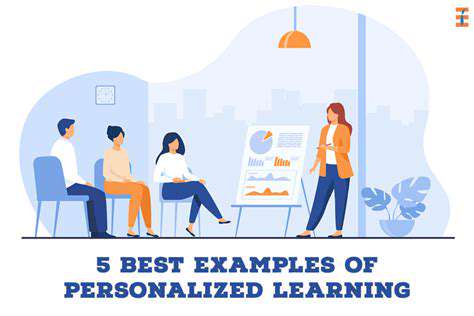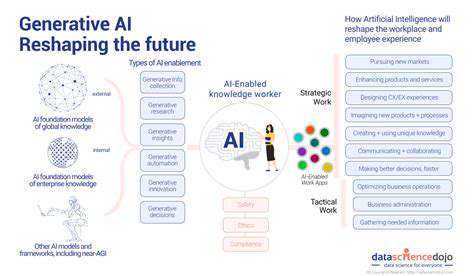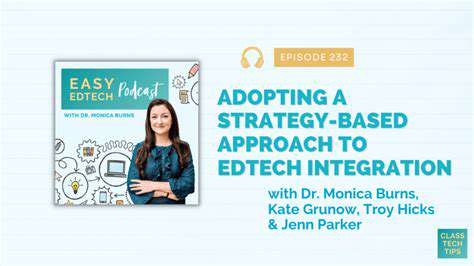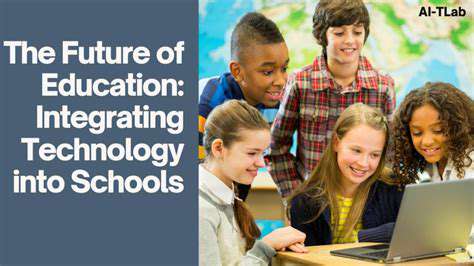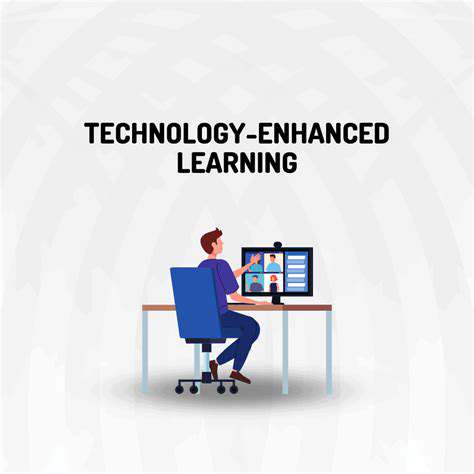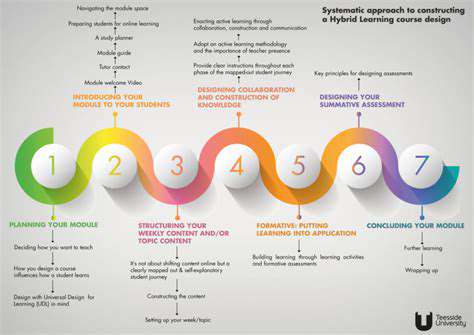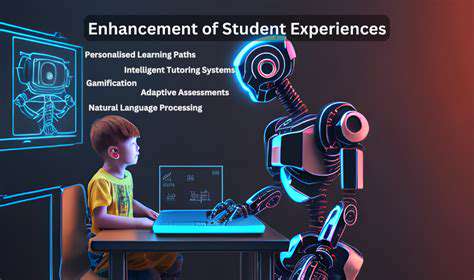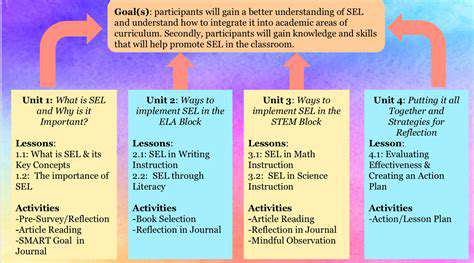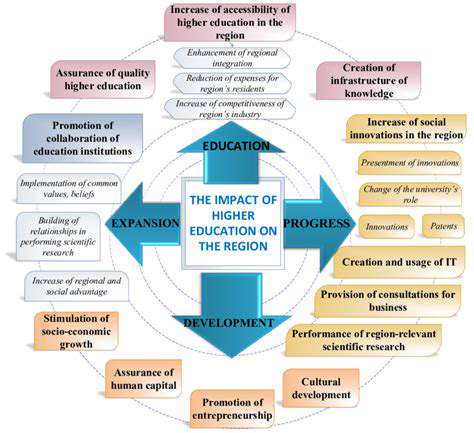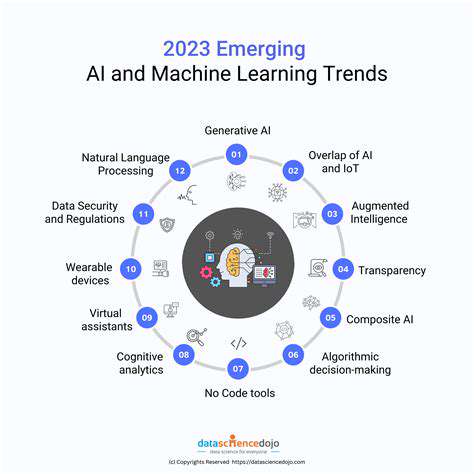Preparing Future Teachers for the AI Powered Classroom
Understanding the Current Landscape of AI in Education
The integration of artificial intelligence (AI) into educational frameworks has transitioned from speculative theory to tangible implementation. Schools and universities are actively reshaping teaching methodologies, leveraging AI's capacity to customize learning, streamline administrative processes, and generate actionable student performance analytics. This paradigm shift demands thorough evaluation of both its transformative potential and inherent complexities.
Personalizing Learning Journeys with AI-Powered Tools
Modern educational platforms utilize sophisticated algorithms to assess individual learner profiles, creating tailored instructional pathways. Such systems dynamically modify content difficulty, deliver precise feedback, and suggest supplementary materials aligned with each student's comprehension level and preferred learning modality. This individualized approach demonstrably enhances both academic engagement and knowledge retention.
By accommodating diverse learning needs, these adaptive systems promote more equitable educational opportunities while reducing achievement gaps among student populations.
Automating Administrative Tasks for Enhanced Efficiency
Educational institutions are implementing intelligent systems to handle routine operations such as grading, scheduling, and communication. This automation liberates educators from repetitive tasks, allowing greater focus on student mentoring and curriculum development. The resulting operational efficiencies enable schools to reallocate resources toward initiatives that directly impact learning outcomes.
Analyzing Student Data for Improved Insights and Interventions
Advanced analytics platforms process comprehensive student performance data to identify learning patterns and predict potential challenges. Educators utilize these insights to implement timely, targeted academic interventions. Such predictive capabilities enable proactive support systems that address learning deficiencies before they escalate into significant obstacles.
Ethical Considerations and Responsible AI Implementation
The adoption of AI in educational settings raises critical questions regarding algorithmic bias, data security, and appropriate human-AI interaction boundaries. Establishing transparent governance frameworks and rigorous auditing protocols remains essential for maintaining ethical standards. Educational stakeholders must collaboratively develop policies that ensure technology augments rather than replaces meaningful pedagogical relationships.
Fostering Collaboration and Professional Development
Effective AI integration requires ongoing educator training programs that address both technical competencies and strategic implementation. Cross-disciplinary partnerships between teachers, technologists, and policymakers facilitate the development of best practices for AI-enhanced instruction. Creating networked learning communities enables the sharing of successful implementation strategies across institutions.
Developing AI Literacy: Beyond Basic Functionality
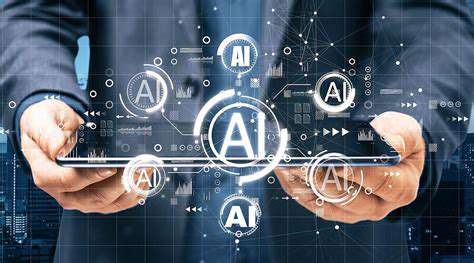
Understanding the Fundamentals of AI
Contemporary AI systems range from specialized applications performing narrow functions to experimental architectures approaching general intelligence. Comprehending these distinctions enables meaningful evaluation of AI's societal implications. Historical analysis reveals how theoretical concepts from the 1950s have evolved into today's sophisticated neural networks and deep learning models.
Navigating the Ethical Implications of AI
The proliferation of AI systems necessitates rigorous ethical scrutiny regarding their development and deployment. Key concerns include algorithmic fairness, personal data protection, and workforce displacement. Implementing comprehensive bias mitigation strategies and maintaining human oversight mechanisms are critical for responsible AI adoption. Multidisciplinary ethics committees play a vital role in establishing guidelines that balance innovation with social responsibility.
Developing AI Literacy Skills
True AI competency extends beyond technical knowledge to include critical evaluation of system outputs and awareness of inherent limitations. Educators must cultivate students' ability to interrogate AI-generated content, recognizing potential inaccuracies or embedded biases. Developing this analytical mindset prepares learners to engage thoughtfully with AI technologies throughout their academic and professional lives.
The Future of Education: Embracing the AI Revolution
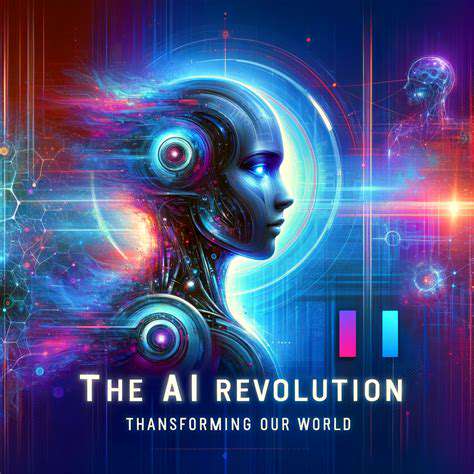
Reimagining the Learning Experience
The emerging educational paradigm replaces passive knowledge absorption with active, student-centered learning models. Immersive simulations and project-based learning activities foster deeper conceptual understanding than traditional lecture formats. Adaptive learning platforms continuously adjust content sequencing based on real-time performance data, creating truly personalized educational pathways.
Integrating Technology into the Curriculum
Modern pedagogical approaches seamlessly blend digital tools with traditional instruction methods. Virtual laboratories enable science students to conduct complex experiments, while augmented reality applications bring historical events to life. These technological integrations develop both subject mastery and essential digital competencies.
Cultivating Critical Thinking and Problem-Solving Skills
Contemporary curricula emphasize analytical reasoning through case study analysis, design thinking exercises, and open-ended problem-solving scenarios. Students regularly engage in evidence-based argument construction and solution prototyping, preparing them for complex real-world challenges.
Emphasis on Collaboration and Communication
Digital collaboration platforms facilitate cross-cultural team projects and peer review systems that develop professional communication skills. These experiences mirror modern workplace dynamics, where distributed teams collaborate across geographical boundaries.
Promoting Lifelong Learning and Adaptability
Educational institutions are redesigning programs to emphasize metacognitive skills and self-directed learning strategies. By cultivating intellectual curiosity and resilience, schools prepare students for continuous skill acquisition throughout evolving careers. Microcredential systems allow professionals to continually update their competencies in response to technological advancements.
Read more about Preparing Future Teachers for the AI Powered Classroom
Hot Recommendations
- The Gamified Parent Teacher Conference: Engaging Stakeholders
- Gamification in Education: Making Learning Irresistibly Fun
- The Future of School Libraries: AI for Personalized Recommendations
- EdTech and the Future of Creative Industries
- Empowering Student Choice: The Core of Personalized Learning
- Building Community in a Hybrid Learning Setting
- VR for Special Education: Tailored Immersive Experiences
- Measuring the True Value of EdTech: Beyond Adoption Rates
- Addressing Digital Divide in AI Educational Access
- Preparing the Workforce for AI Integration in Their Careers
